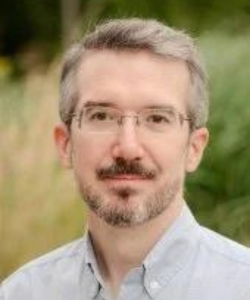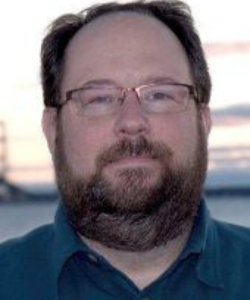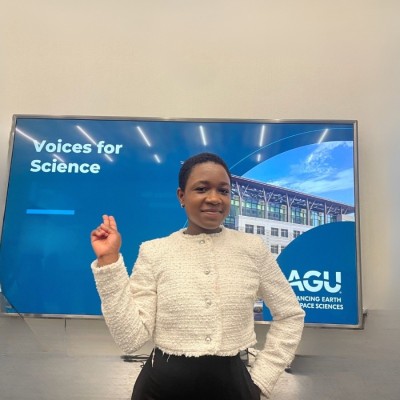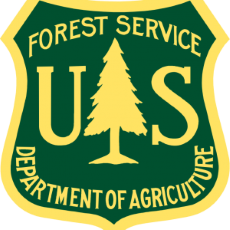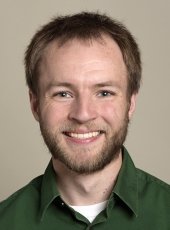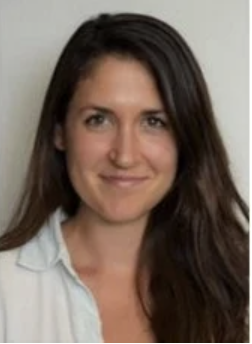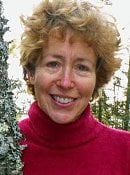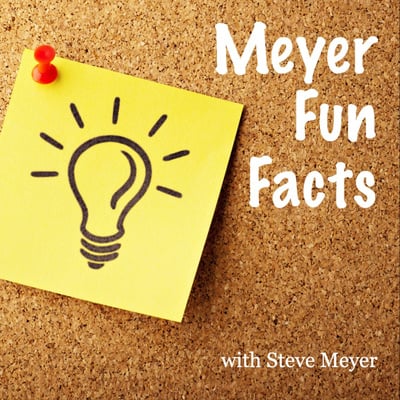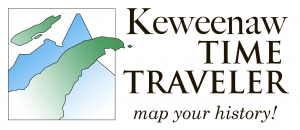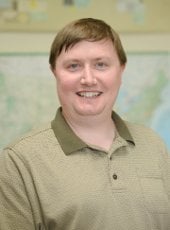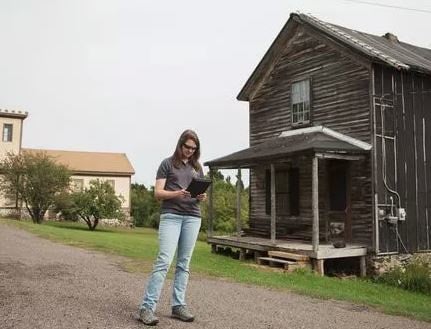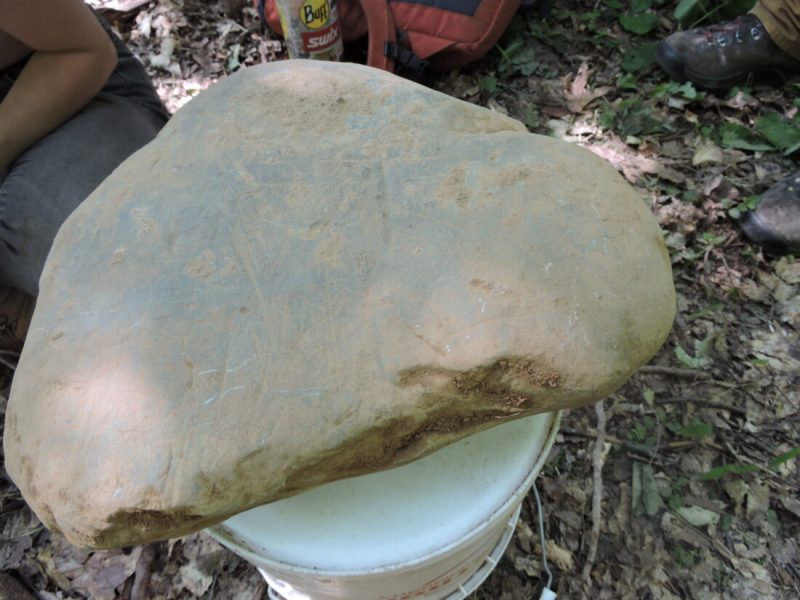Jonathan Robins and Steve Walton (both SS) were quoted by the Daily Mining Gazette in a story about History Day, held Wednesday (March 6) at MTU sponsored by the Michigan Tech Archives and Department of Social Sciences. The event challenged local high schoolers to explore history and prepare exhibits based on this year’s theme, “Turning Points in History.”
About the Social Sciences Department at Michigan Tech
Michigan Tech’s Department of Social Sciences offers bachelor of science degrees in Anthropology, Policy and Community Development, Sustainability Science and Society, and Social Science, along with a bachelor of arts degree in History. Our graduate program includes masters and doctoral degrees in Environmental and Energy Policy and Industrial Heritage and Archaeology (the only one of its kind in the world), and a master’s in Sustainable Communities. Plus, you can get a graduate certificate in Public Policy in by taking three courses in just one term.
Questions? Contact us at socialsciences@mtu.edu. Follow us on Facebook, Instagram and Twitter for the latest happenings.
